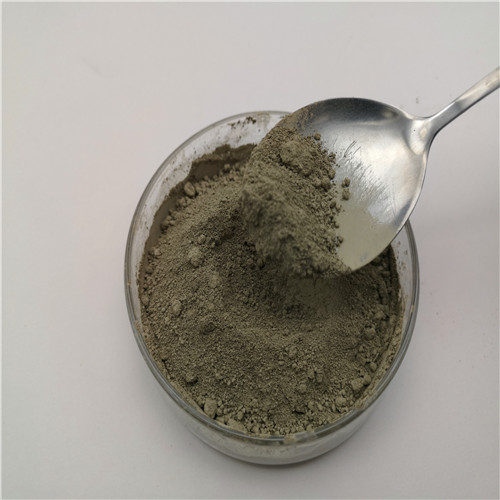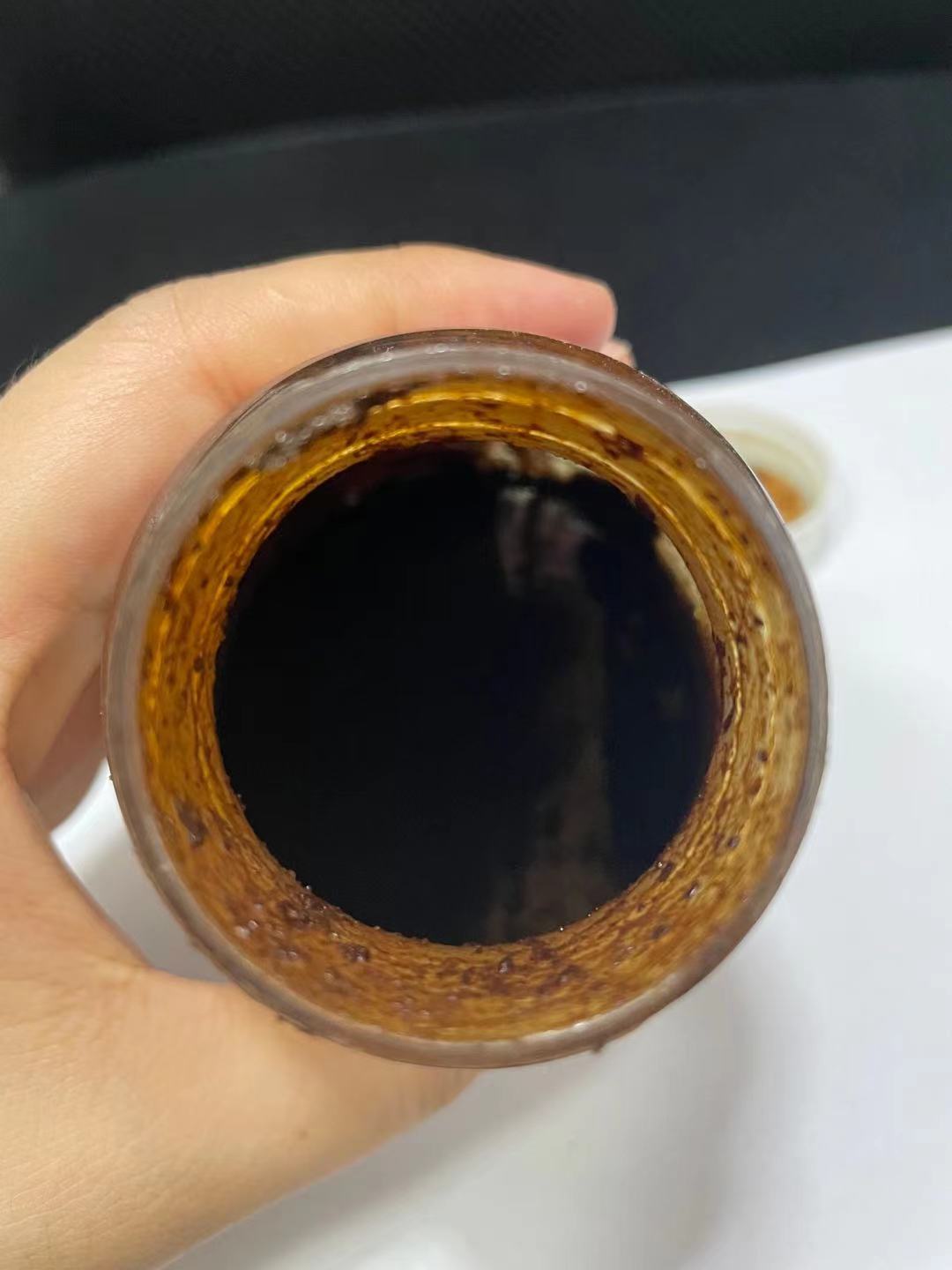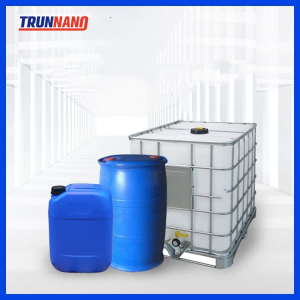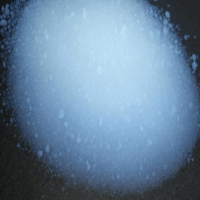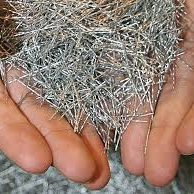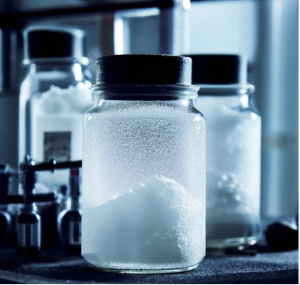Professional solutions on concrete addtives, Concrete Foaming Agent, Superplasticizer, CLC Blocks Additives, and foaming machine
(Early strength development in concrete using preformed CSH nano crystals)
What is Concrete early strength
The pace of production of Concrete's early strength depends on the formwork removal time and is governed by the early strength gain process of Concrete. Conventionally, the production cycle is enhanced either by adopting elevated temperature curing or by the use of commercially available hardening accelerators, which often cause durability-related problems in Concrete. In this work, an attempt has been made to use preformed CSH nanocrystals synthesized from agricultural waste material for early strength development in Concrete. The inclusion of such seeding material in Concrete can effectively eliminate the nucleation period in the hydration process. It can accelerate the early strength development without compromising the ultimate strength and durability properties. Preformed CSH nanoparticles developed using bagasse ash show promising results as an accelerator for early strength gain in Concrete by imparting a seeding effect during the hydration process. The presence of such nano particles reduces the initial and final setting time of cement paste considerably. Recently, there has been an increase in demand for the use of pre-fabricated structural elements by the construction industries to minimize the time and cost of construction. In order to meet the demand, precast industries are under pressure to enhance the production rate. Acceleration in the production rate is dependent on the early removal of formwork, which in turn depends on the early strength gain of fresh Concrete. Therefore, the production rate can be enhanced only when fresh Concrete develops early strength as fast as possible. The rate of gain of strength is generally maximized by curing at elevated temperatures or by using conventional hardening accelerators. Elevated temperature curing requires high energy input and emits greenhouse gas that creates environmental degradation. Moreover, such a curing process increases the localized sulfate concentration and decreases the aluminum concentration, resulting in a reduction of the ultimate strength.
Early strength development in concrete using preformed CSH nano crystals
Further, at elevated temperatures, the hydration products are more unevenly distributed and form dense inner shells around the particles, developing a coarser porosity, denser CSH, and a more equant morphology of ettringite compared to ambient temperature curing. To overcome such problems, commercially available hardening accelerators are generally used as admixtures to achieve early hardening. The presence of such chemicals alters the kinetics and mechanisms of cement hydration, resulting in a reduction in setting time and acceleration in the strength-gaining process. It is well known that the hydration process of Portland cement (OPC) is divided into five distinct stages, namely, period I (the initial period of hydration), period II (the dormant period), period III (the acceleration period), period IV (deceleration period), period V (transition to diffusion control). A typical heat flow diagram of OPC representing various stages of hydration. The action of conventional hardening accelerators occurs in the period I and II. Chloride-based accelerators act as catalysts to accelerate the rate of the hydration of C3S and C2S or lower the alkalinity of the pore solution to promote hydration. The presence of such an accelerator results in a faster rate of hydration and modifies the chemical composition of the silicates in CSH. In the presence of reactive aggregates, the chloride-based admixtures promote an alkali-silica reaction, leading to the deterioration of ConcreteConcrete. Besides, chloride ion breaks down the passive oxide layer of steel and promotes the corrosion of reinforcement inside the concrete matrix. Chemicals present in the accelerator may also hinder the normal hydration kinetics and lower the final strength of ConcreteConcrete. Phosphoric acid-based accelerators significantly hinder the elite (C3S) hydration process, while formic acid-based accelerators retard the final setting time and reduce 12 h compressive strength by about 50%. Galobardes et al. It has been reported that the presence of such accelerators also adversely affects the ultimate strength and modulus of elasticity by approximately 20%. On the other hand, a sodium aluminate-based accelerator rapidly exhausts sulfate ions from the aqueous phase, leading to under sulfated (C3A) reaction and finally resulting in a decrease in C3S hydration. A special type of cement called Sulphoaluminate cement (SAC) can reduce the setting time and achieve high early strength due to the early hydration of C4A3S. However, the use of such cement causes expansion in the volume during the hydration. Nowadays, the accelerators used to develop early strength in ConcreteConcrete are either alkaline or alkali-free types, depending on their chemical composition.
CSH crystals in Portland cement paste synthesized from bagasse ash
The present research focuses on the performance of tiny preformed CSH crystals in Portland cement paste synthesized from bagasse ash. The addition of such preformed CSH nanoparticles in the cement paste provides extra sites for nucleation and growth of hydration products. The objective of this work is to investigate the influence of a preformed CSH seed-based hardening accelerator on the early strength development and microstructure of ConcreteConcrete. To achieve this, a series of experiments have been conducted by utilizing CSH based accelerator in cement paste and ConcreteConcrete. Comparative studies of cement paste/concrete without and with CSH-based accelerators have been carried out by investigating setting time, compressive strength, heat of hydration, X-ray diffraction, thermogravimetry, and SEM analysis. Further, the mechanisms of strength development with the addition of preformed CSH have been proposed in line with the obtained results.
Price of Concrete early strength
Concrete early strength particle size and purity will affect the product's Price, and the purchase volume can also affect the cost of Concrete early strength. A large amount of large amount will be lower. The Price of Concrete early strength is on our company's official website.
Concrete early strength supplier
Luoyang Tongrun Nano Technology Co. Ltd. (TRUNNANO) Luoyang City, Henan Province, China, is a reliable and high-quality global chemical material supplier and manufacturer. It has more than 12 years of experience providing ultra-high quality chemicals and nanotechnology materials, including Concrete early strength, nitride powder, graphite powder, sulfide powder, and 3D printing powder. If you are looking for high-quality concrete additives, please feel free to contact us and send an inquiry. (sales@cabr-concrete.com). We accept payment via Credit Card, T/T, West Union, and Paypal. TRUNNANO will ship the goods to customers overseas through FedEx, DHL, by air, or by sea
.
(Early strength development in concrete using preformed CSH nano crystals)


